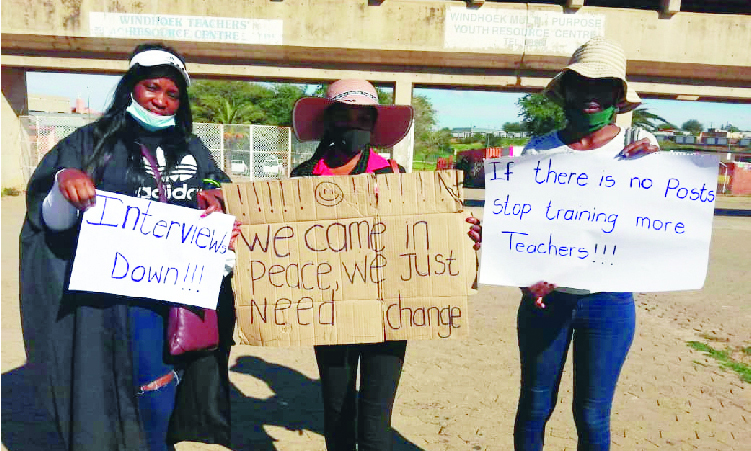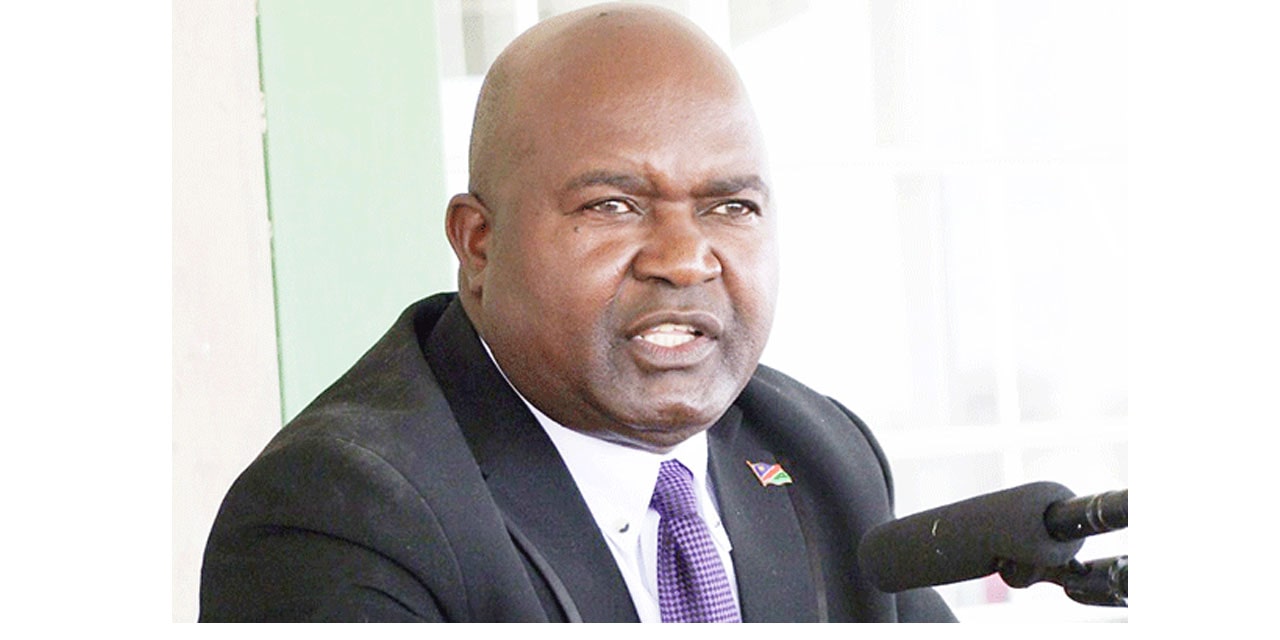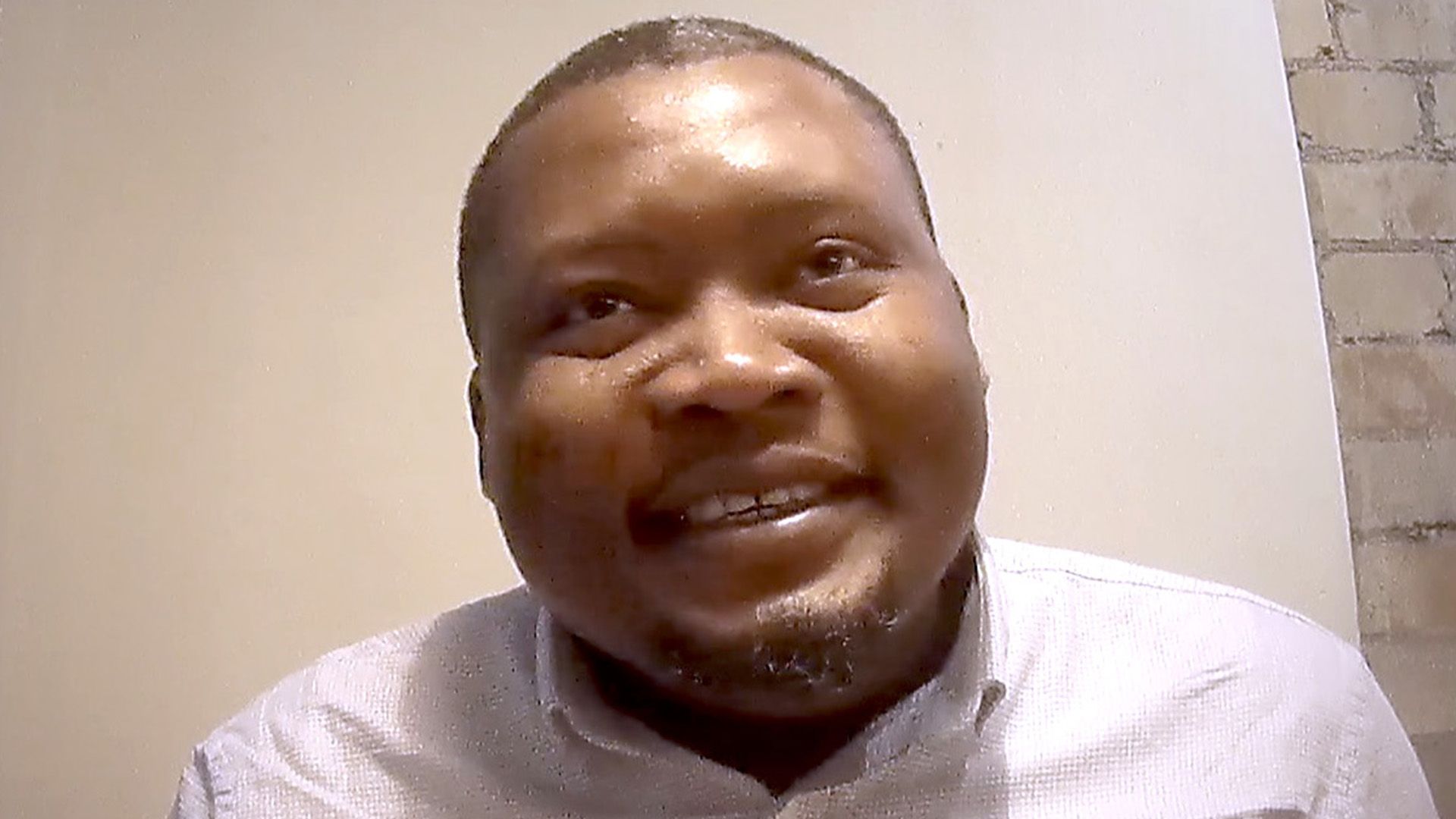Economists have challenged Netumbo Nandi-Ndaitwah’s new administration prioritising spending on efforts that will reduce unemployment, boost healthcare and improve education.
New minister of finance and social grants management Erica Shafudah will table the appropriation bill in parliament this afternoon. The budget will shape government expenditure on the country’s socio-economic direction.
Economic Association of Namibia vice president Jesaya Hano-Oshike wants the budget to be expansionary, with targeted investments in both social sectors and economic development.
Last year, former finance minister Iipumbu Shiimi tabled a revised budget of N$101.7 billion which prioritised operational spending to be used mainly for emergency responses and support programmes.
“I foresee some allocations to youth, sport as well as the arts and culture. I expect some funds to be available to build those industries up and really get them to a point where they can create some livelihoods for those involved in it,” Hano-Oshike says.
On the economic front, he expects increased spending on infrastructure and housing, aimed at stimulating job creation and addressing urban development challenges.
Despite these projections, Hano-Oshike acknowledges that a significant portion of the budget is likely to go toward government administration, given the size of the public workforce.

He emphasises the importance of continued investment in health and education.
“My hope is also that the allocation towards health continues, as well as education. So, I expect a budget which is going to be above probably N$100 billion,” Hano-Oshike says.
Last year’s budget allocated N$44.3 billion to the social sector, which includes health and social services.
The budget didn’t see new tax policy proposals, but old-age and disability grants were increased from N$1 400 to N$1 600 a month, and public service employees would be getting a pay increase of 5%.
One of the standout tax reforms is a substantial increase in the income tax threshold for individuals – from N$50 000 to N$100 000.
This action will result in an injection of N$646 million directly into the pockets of taxpayers.
Meanwhile, corporate income tax rates are set to see a phased reduction, starting at 31% in January, and reaching 28% by the 2026/27 financial year.

Simonis Storm Securities junior economist Almandro Jansen says this budget will serve as a clear statement of intent outlining the administration’s strategic direction and reform agenda.
He says core areas that require urgent and sustained attention in this budget cycle are employment creation, infrastructure development, and structural transformation.
“Youth unemployment in particular must be addressed through deliberate and scalable interventions. We recommend a targeted employment stimulus, supported by expanded vocational training, youth entrepreneurship funding, and incentives for private sector job creation,” Jansen says.
He says there is significant potential in sectors such as agriculture, green energy, tourism and logistics, especially given Namibia’s geographic location and regional trade corridors.
In parallel, the firm sees affordable housing as a critical area of focus.
“Urban migration continues to outpace housing delivery, exacerbating inequality and informal settlements. The budget should prioritise public-private partnerships for land servicing, tax incentives for affordable housing developers, and increased support for housing finance mechanisms, especially in the lower and middle-income segments,” Jansen says.
The firm says this budget presents an opportunity to accelerate Namibia’s green transition and that budget allocations should be closely aligned with Vision 2030, the Harambee Prosperity Plan II, and the forthcoming Medium-Term Expenditure Framework.
“We expect to see meaningful increases in education and skills development spending. However, beyond funding, the focus should shift toward improving learning outcomes, curriculum relevance, and stronger linkages between the education system and labour market demand.
“On healthcare, we hope for continued investments in primary healthcare infrastructure, especially in rural areas, and support for digitisation and systems strengthening. Infrastructure investment should be guided by economic returns and social equity,” he says.
Meanwhile, the Swapo Party Youth League (SPYL) is expecting the budget for the formation of a national youth fund to establish and operate entrepreneurship centres in all 121 constituencies, to ensure provision of resources, training, and mentorship programmes for young people to develop and sustain businesses.
Lydia Jason from SPYL in a statement yesterday said they also hope for an increase in funding for youth employment and tax incentives to encourage more companies to offer internship and graduate placement opportunities.
“Introduce a dedicated budget for work-integrated learning opportunities, particularly for vocational students and graduates, enabling them to gain practical experience while contributing to national development,” Jason said.
SPYL also looks forward to an increase in the capital budget to expand and improve school infrastructure, ensuring well-equipped learning facilities and subsidising agricultural initiatives to boost local food production and enhance national food security.

SPYL also called for increased capital to expand and accelerate the construction of clinics and district hospitals to improve healthcare accessibility across the country, for the allocation of adequate funds to upgrade and modernise the Independence Stadium and other sports facilities across the country, and support for the creative industry.
Nafimane Hamukoshi from the Economic and Social Justice Trust has high hopes that Nandi-Ndaitwah’s administration will prioritise social justice, youth empowerment, sustainable development and climate action.
“It is crucial that the budget addresses pressing issues such as education, healthcare, and job creation, particularly for the youth, as they represent the future of our nation. In addition, urgent attention to climate change and just energy transition is paramount, we must invest in renewable energy initiatives,” Hamukoshi says.
She says since the oil and gas industry falls under the president’s office, it is crucial to consider joining the Extractive Industries Transparency Initiative.
“I believe that investment in these areas will not only uplift communities but also promote equality and inclusivity,” she says.
Hamukoshi says as Namibia transitions into this new leadership era, she hopes the budget reflects a commitment to equitable resource allocation, focusing on marginalised groups.
“The future indeed seems promising under the leadership of our first female president, and I look forward to seeing concrete steps towards advancing social justice, national development and climate resilience in the forthcoming budget,” Hamukoshi says.
Economist Josef Sheehama is calling for a radical shift in governance and economic policy to restore sustainable growth and unlock Namibia’s full potential.
According to Sheehama, the country’s development agenda must begin with strengthening governance structures and focusing on a few high-impact priorities rather than attempting to pursue an overloaded list of goals.
“The development agenda should focus on achieving good enough governance, choosing a small number of imperatives from a large list of possibilities, and avoiding duplications rather than being overburdened with governance change,” Sheehama says.
He says accountability must be enforced, the Anti-Corruption Commission needs to be strengthened, and politically neutral individuals should be appointed to oversee sensitive state-owned enterprises.
“Reforming trade and industrial policies that support size, efficiency and competitiveness will also be necessary,” Sheehama says.
In his view, reforming trade and industrial policy to support integration with the African Continental Free Trade Area (AfCFTA) is essential
“Since small businesses are often the primary drivers of job development in Namibia, these policies must be integrated into the country’s AfCFTA policy and facilitate their transition,” Sheehama says. He further says prioritising domestic revenue financing, concentrating on important industries like manufacturing, mining, energy and agriculture, and encouraging non-traditional industries like logistics are all things the government should do.
“National development and budgetary allocations must be carefully balanced to prevent the establishment of a number of new task forces, impractical institutions, unfriendly policies, or processes that might stifle the entire transformation. It must solve the nation’s most pressing social issues,” Sheehama says.

Stay informed with The Namibian – your source for credible journalism. Get in-depth reporting and opinions for
only N$85 a month. Invest in journalism, invest in democracy –
Subscribe Now!










